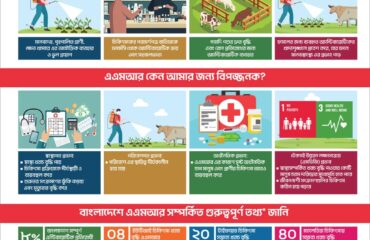
Objective: Bangladesh has 67% of estimated deaths caused by non-communicable diseases (NCDs). The country aimed to reduce NCD-related premature deaths by one-third by 2030. This study aimed to explore the overall implementation status of the NCD control program at the primary health care (PHC) level in Bangladesh, explore the challenges, and identify the way forward for better implementation.
Study design: Qualitative study.
Methods: Key informant interviews and observations of NCD service delivery at Upazila Health Complexes (UzHC) were conducted. Data were analyzed using framework analysis.
Results: NCD is prioritized in policy documents however, implementation remains weak. The operational plan indicators focus mostly on the process, which is hampering the quality of care. The primary health care (PHC) facilities are not yet fully ready to deliver all ranges of NCD care including mental health. The national NCD management protocol for PHC addressed health workforce scarcity through task shifting and team-based care which is yet to be scaled up nationwide. Record-keeping is poor as it is done manually. District health information software (DHIS2) is not yet capturing NCD monthly service provision data and not tracking indicators. Awareness for NCD screening at community clinics, and referral to the NCD corner of UzHC is operational in
around 66 Upazilas of 31 districts, which needs to scale up nationwide.
Conclusions: NCD management protocol implementation, availability of drugs, diagnostics, electronic database development, updated DHIS2 to track indicators, and engagement of stakeholders to influence public policies on shared risk factors are important to achieve universal primary care for NCDs.




